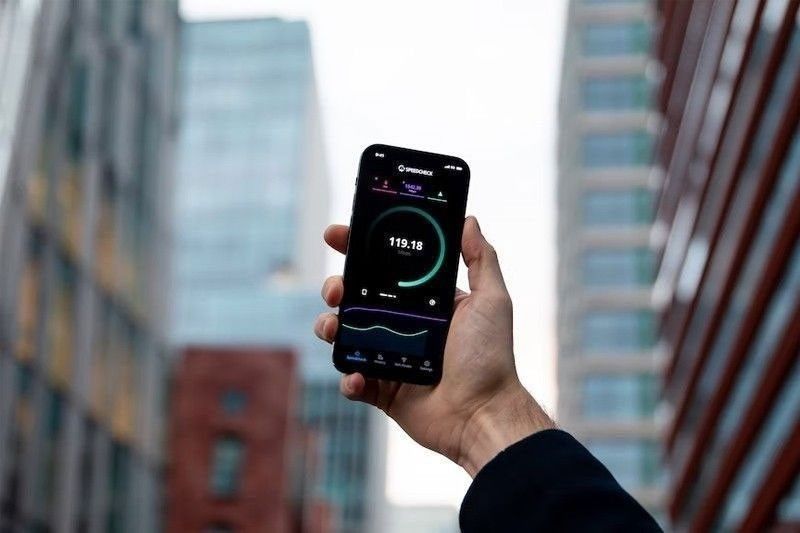Philippines aims to be among top 3 in Asean in internet connectivity by 2028

MANILA, Philippines — The Philippines is aiming to be within the top three countries in Southeast Asia in terms of internet connectivity by 2028, according to the Department of Information and Communications Technology.
DICT Secretary Ivan John Uy said the agency wants to see the country’s score continue to improve in the ICT Development lndex being released by the International Telecommunication Union.
“We aim that if we continue this trajectory of a 14-percent increase in our index in the past years, then I’m hoping that by 2028, we could probably be in the top three in ASEAN,” Uy said during the Build Better More Infrastructure Forum held at the New Clark City in Tarlac.
The 2024 ICT Development Index showed the Philippines had an overall score of 74.4 out of 100, up from 65 in 2023.
Uy said the latest score places the country at sixth or seventh among the members of the Association of Southeast Asian Nations.
To get into the top three in ASEAN, he said investments would be needed.
“Our ASEAN neighbors are not sitting back and relaxing. They’re also infusing huge amounts of investments in their internet connectivity. So, we need to double what they’re putting. If they’re putting P1, we need to put P2 because we are the ones trying to catch up,” he said.
While the agency is getting funding from the national budget to improve digital connectivity, he said the agency is also initiating other modes to secure funding to accelerate its efforts.
According to Uy, the $280 million Philippine Digital Infrastructure Program (PDIP) funded by a loan from the World Bank, forms part of efforts to improve connectivity.
“This is one of the strategies that we adopted in order to speed up our national broadband and our connectivity,” he said.
Approved by the National Economic and Development Authority Board chaired by President Marcos last month, the PDIP is the DICT’s flagship initiative to enhance broadband connectivity and bring high speed internet to disadvantaged areas.
The project involves the construction of a public broadband infrastructure network.
Aside from the PDIP, Uy said the DICT is also exploring public private partnerships.
“All countries all over the world are accelerating their digitalization programs, their connectivity because this is a very competitive world and unless we quickly scale up and speed up our connectivity, we will again be left behind,” he said.
- Latest
- Trending































